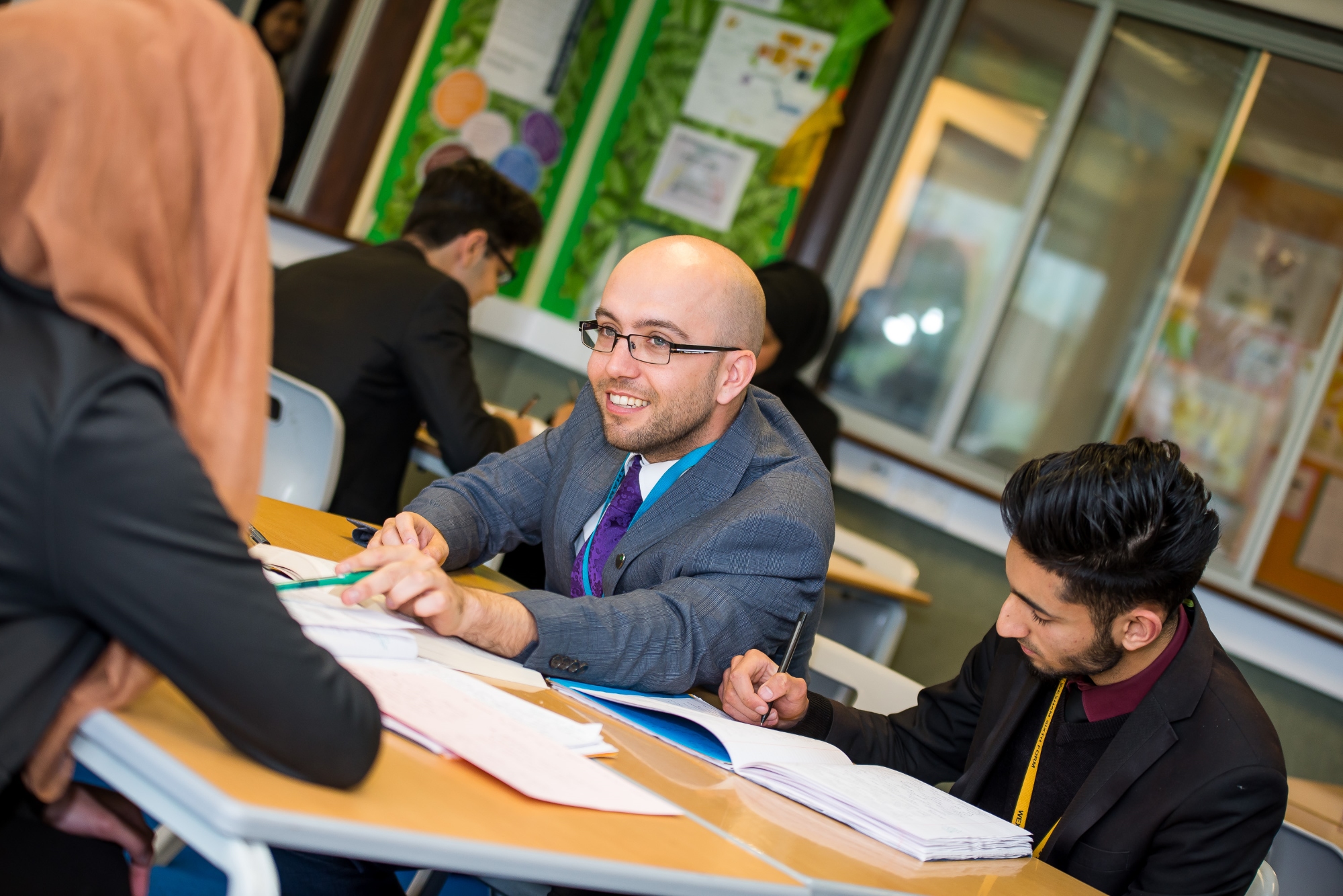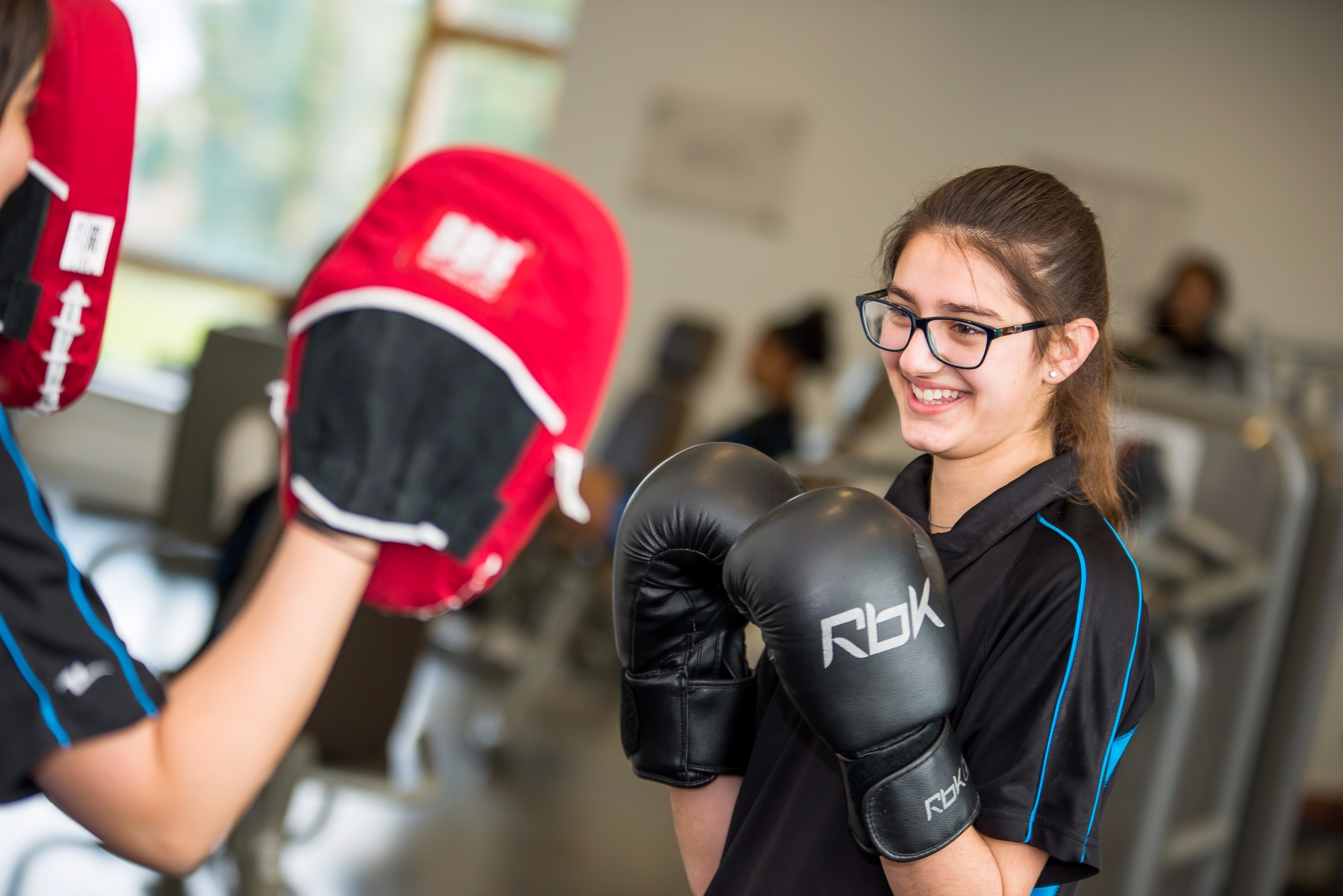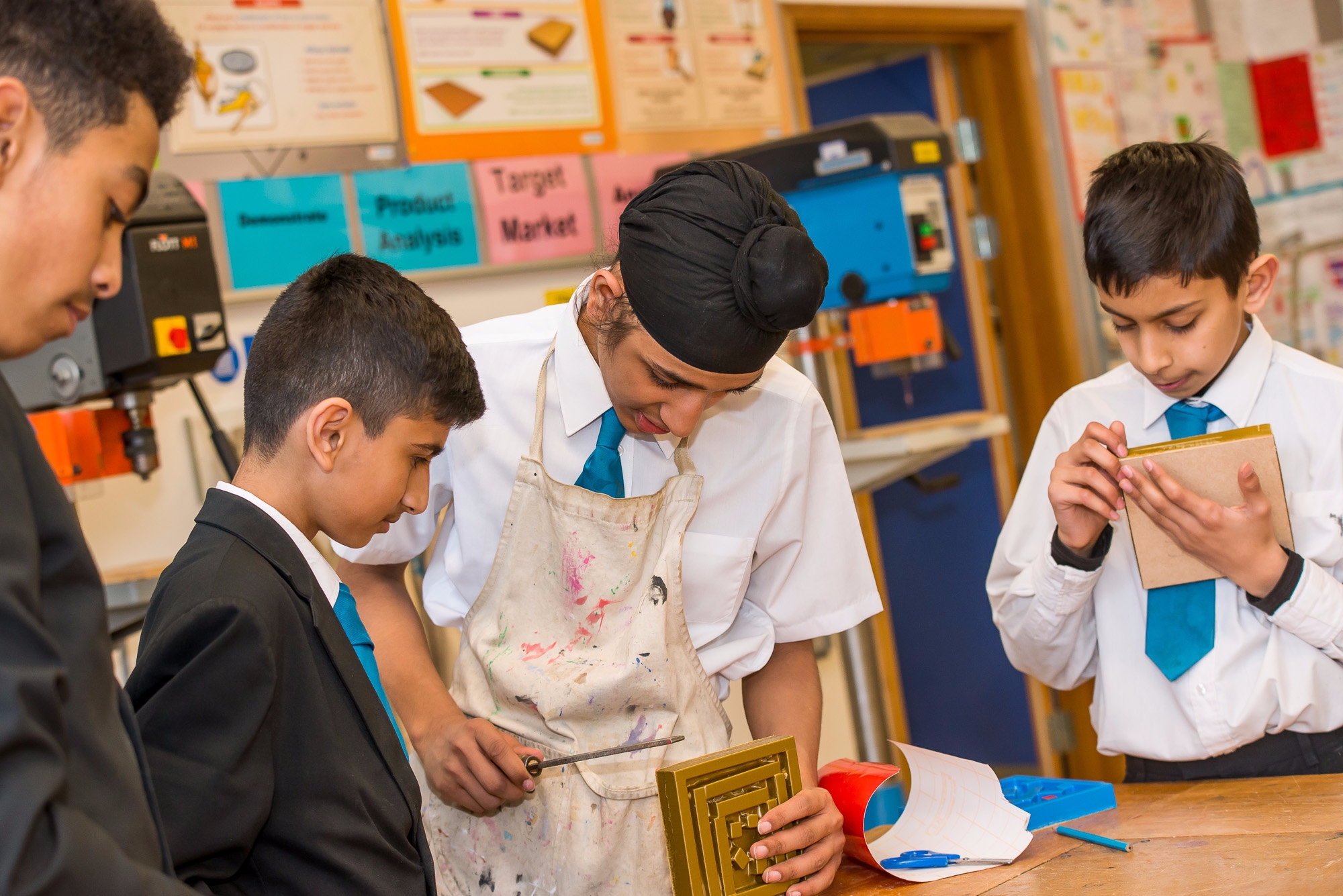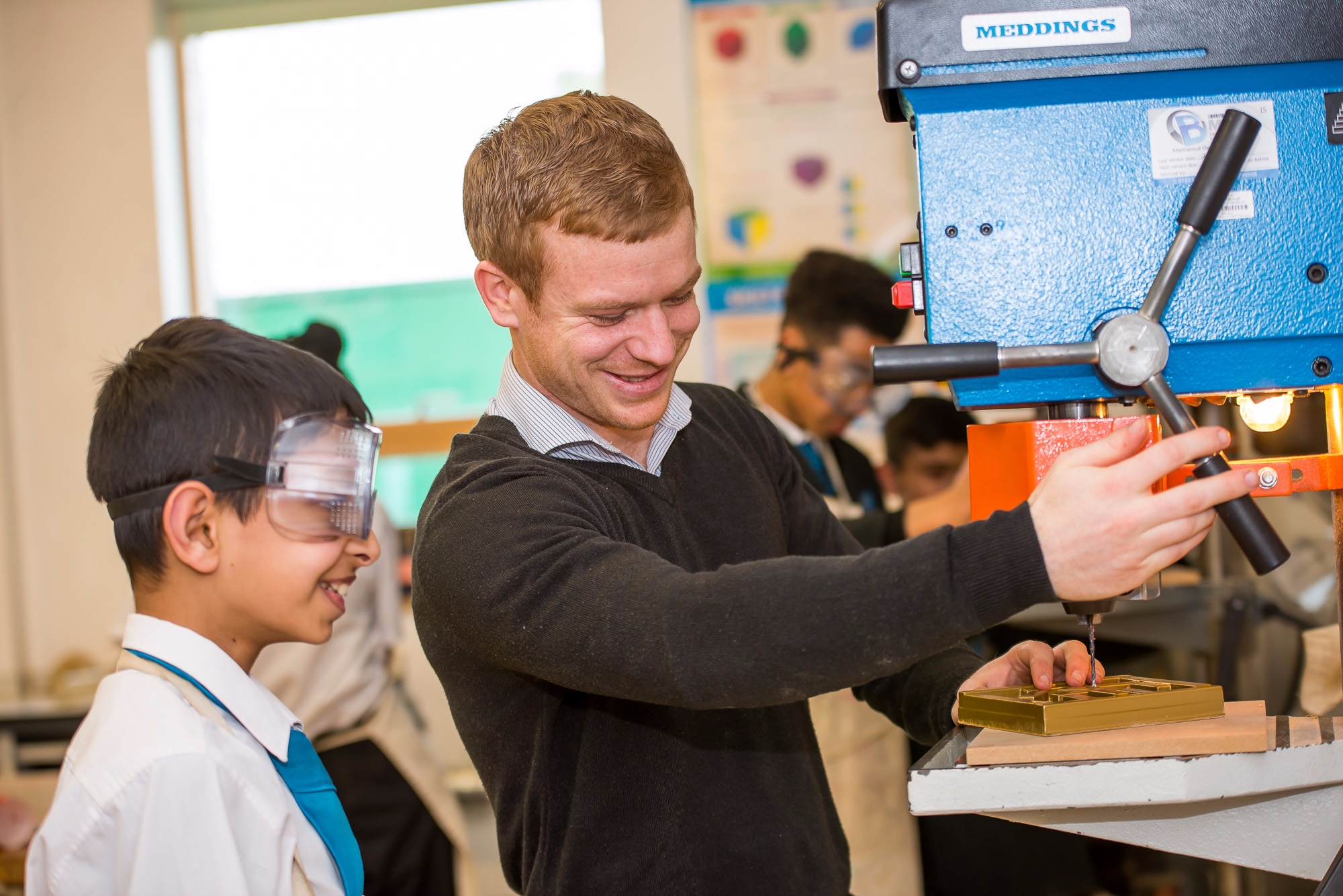COMPUTING
You are here:TEAM AND FACILITIES
The Computing Department comprises of a Leader of Department, two further specialist Teacher's and two other teaching staff.
We are situated in the Sixth Form Block. Computing lessons take place in three dedicated classrooms, which all have computer suites (over 120 computer terminals) with electronic whiteboards. Each of these rooms are equipped with the latest software to enable curriculum implementation. Furthermore, each of the computers are installed with the latest classroom management systems. An extensive range of resources have been built and developed within the Department.
Wexham School is keeping up with the times by teaching computing; which combines ICT, digital literacy, and computer science. While ICT teaches students how to utilise these tools thoughtfully and effectively as users and communicators, computing teachers teach students how to become effective authors. Every student is provided with cloud space, a school email address, and access to all taught content using Student Sharepoint.
Students can learn valuable life skills through exposure to Computing; skills that they might not learn in a traditional learning environment and ones that will become invaluable to them in later life.
KEY STAGE 3
The Key Stage 3 curriculum for Computing follows National Curriculum guidelines and aims to ensure that all students:
- Can understand and apply the fundamental principles and concepts of computational thinking and computer science.
- Can analyse problems in computational terms and have practical experience in writing computer programs in order to solve such problems.
- Are responsible, competent, confident and creative users of information and communication technology.
- Gain a sound understanding of E-Safety and the use of virtual learning platforms.
Examples of subject-specific content that pupils will be taught include:
- Coding through Kodu
- Simple programming using Python
- Micro-bits
- Flowol
- Data modelling using Excel
- Web development
- Image manipulation
- Core ICT competency in Microsoft Office suite
Recommended reading:
Books, C. (2019) New KS3 Computing Complete Revision & Practice: ideal for catch-up and home learning. Coordination Group Publications Ltd (CGP).
Mather, B. (2020) Coding for Kids in Python: Python Programming Projects for Kids and Beginners to Get Started Programming Fun Games. Bob Mather
KEY STAGE 4
Students can choose to study either GCSE Computer Science or ICT at KS4, as part of their option choices; although some restrictions are in place on which students can opt for Computer Science.
If students choose either one of the above subjects, they will continue to develop the skills and knowledge gained at KS3. Students will be prepared for progression onto appropriate KS5 course options.
|
Subject |
Year Group |
Exam Board |
Specification |
|
Computer Science |
10-11 |
OCR |
GCSE Computer Science (J277) |
|
Interactive Media |
10-11 |
NCFE |
Level 1/2 Technical Award in Interactive Media (603/7005/1) |
Please see the links below for both ICT and Computing Intent, and an easy-read curriculum map, which explains what your child is learning and when throughout the year.
Recommended reading:
Robson and Heathcote, P. (2020) OCR GCSE Computer Science (9-1) J277. Illustrated. PG Online Limited.
Kubica, J. (2012) Computational Fairy Tales. Zaltbommel, Netherlands: Van Haren Publishing
KEY STAGE 5
The study of Computing at KS5 provides insight into the significance and relevance of computers, applications and communications in the work environment and everyday life. Students gain a range of skills that are transferrable to the workplace and relevant for everyday life.
GCE OCR Computer Science
The A Level Computer Science qualification helps students understand the core academic principles of computer science. Classroom learning is transferred into creating real-world systems through the creation of an independent programming project.
Pupils are taught
- The characteristics of contemporary processors, input, output and storage devices
- Software and software development
- Exchanging data
- Data types, data structures and algorithms
- Legal, moral, cultural and ethical issues
- Elements of computational thinking
- Problem solving and programming
- Algorithms to solve problems and standard algorithms
Recommended reading:
- (2016) OCR AS and A Level Computer Science. PG Online.
- (2019) Tackling A Level Projects in Computer Science for OCR. PG Online
- Dawson, M. (2010) Python Programming for the Absolute Beginner, 3rd Edition. 3rd edn. Course Technology.
BTEC Information Technology (Extended Certificate)
BTECs prepare students for employment as courses can develop a student's employability skills since they offer the experience of real-life practical tasks and work placements.
Here at Wexham School, we teach the following units
- Unit 1: Information Technology Systems
- Unit 2: Creating Systems to Manage Information
- Unit 3: Using Social Media in Business
- Unit 5: Data Modelling
Recommended reading:
Phillips, J. (no date) BTEC Nationals Information Technology Student Book + Activebook: For the 2016 specifications (BTEC Nationals IT 2016). Pearson Education Limited.





